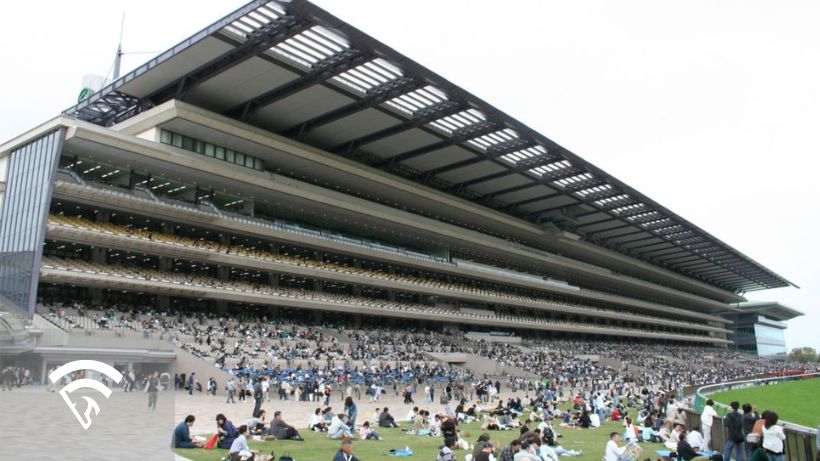What is the Japan Cup?
The Japan Cup is one of the most prestigious and richest horse races in the world. Held annually at Tokyo Racecourse in Fuchu, Tokyo, the race is open to three-year-olds and up and is run over a distance of 2,400 meters (about 1½ miles) on turf.
First inaugurated in 1981, the Japan Cup was created to promote international competition and establish Japan as a major player on the global racing stage. Today, it remains the centerpiece of Japanese racing, attracting top talent from Japan, Europe, North America, and occasionally other regions.
The race typically takes place in late November and often serves as a major year-end target for elite turf horses.
History and International Appeal
When the Japan Cup was first introduced, it was unique in offering an invitation to top horses from all over the world to compete against Japan’s best. Over the years, it helped raise the global profile of Japanese racing and breeding, particularly as local horses began to win against strong international fields.
Early winners included foreign-based horses like Mairzy Doates and Pay the Butler. Over time, however, Japanese-trained champions like Deep Impact, Vodka, and Almond Eye emerged, showcasing the country's growing strength in the sport.
The race’s international flavor remains, although in recent years Japanese horses have often dominated the competition.
Purse and Prestige
The Japan Cup regularly offers one of the richest purses in world racing, with total prize money often exceeding $5 million. This massive payout, combined with the prestige of winning in front of huge Tokyo crowds, makes it a major target for connections around the globe.
In addition to the monetary reward, winning the Japan Cup carries significant weight for breeding value, particularly for horses who are near retirement.
Racing Conditions
Tokyo Racecourse is a wide, sweeping turf course that favors horses with stamina and the ability to sustain a long finishing kick. The 2,400-meter distance tests both speed and endurance, and the long home stretch provides plenty of opportunity for closers to make up ground.
Tactical awareness is crucial, as the race often features a strong early pace followed by a fierce drive in the final 400 meters.
Weather and track conditions can vary, but the turf course is typically very firm compared to European racing surfaces, adding another layer of complexity for foreign entrants.
Notable Winners
Some of the biggest names in racing history have captured the Japan Cup, including:
- Deep Impact
- Gentildonna (the only two-time winner)
- Almond Eye
- Buena Vista
- Alkaased (one of the few international winners in the modern era)
Each victory has contributed to the race’s reputation as one of the defining turf events of the global racing season.
Final Thoughts
The Japan Cup is more than just a horse race—it’s a showcase of the best turf talent in the world and a reflection of Japan’s rise as a racing powerhouse. Winning it is a major career achievement, and for many, it's the perfect capstone to a championship campaign.
Want to follow how international turf races and top performers shape the year-end championships? Visit the EquinEdge Results page for updates from major tracks and key global events.
Looking to stay ahead of major international racing trends?
Sign up for an EquinEdge account and access predictive models, pace insights, and data to sharpen your global racing perspective.
